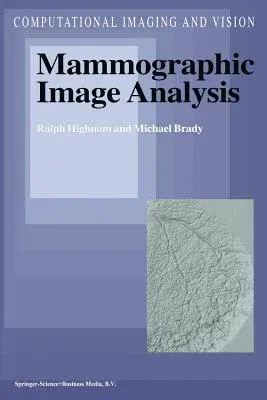R Highnam
(Author)Mammographic Image Analysis (Softcover Reprint of the Original 1st 1999)Paperback - Softcover Reprint of the Original 1st 1999, 14 October 2012

Qty
1
Turbo
Ships in 2 - 3 days
In Stock
Free Delivery
Cash on Delivery
15 Days
Free Returns
Secure Checkout
Part of Series
Computational Imaging and Vision
Print Length
379 pages
Language
English
Publisher
Springer
Date Published
14 Oct 2012
ISBN-10
9401059497
ISBN-13
9789401059497
Description
Product Details
Book Edition:
Softcover Reprint of the Original 1st 1999
Book Format:
Paperback
Country of Origin:
NL
Date Published:
14 October 2012
Dimensions:
23.39 x
15.6 x
2.06 cm
ISBN-10:
9401059497
ISBN-13:
9789401059497
Language:
English
Location:
Dordrecht
Pages:
379
Publisher:
Weight:
553.38 gm

